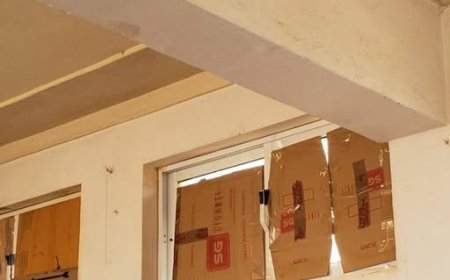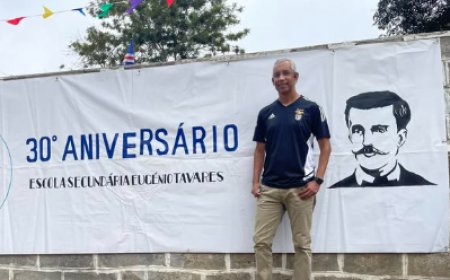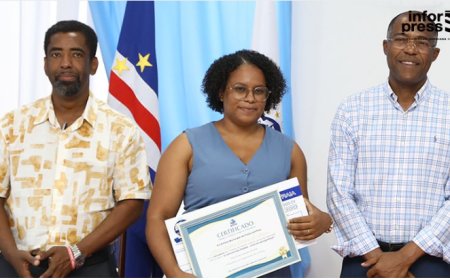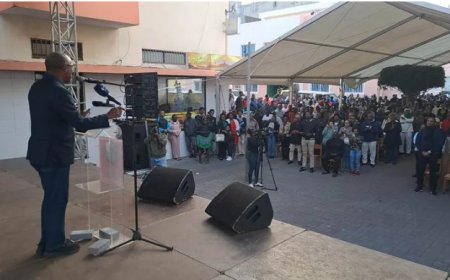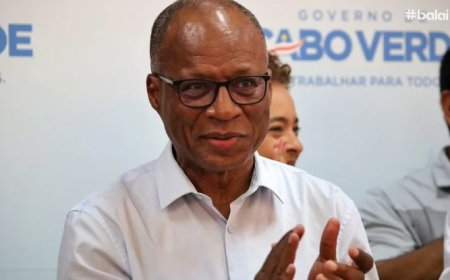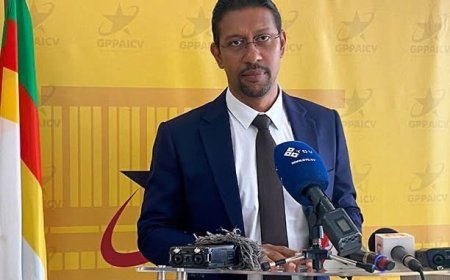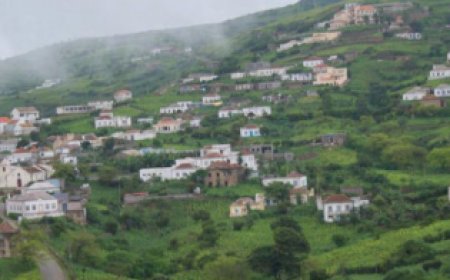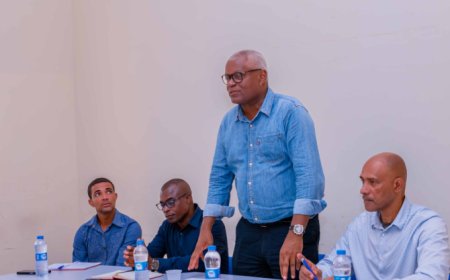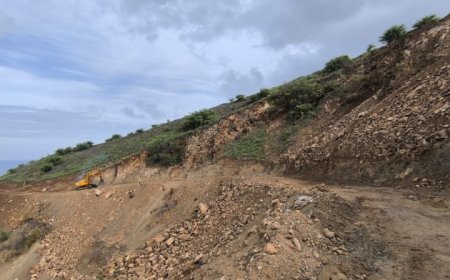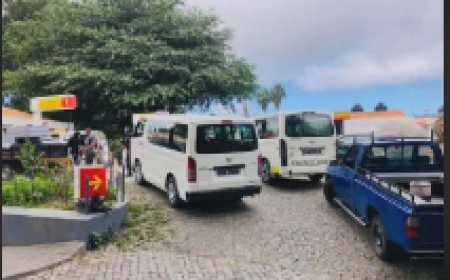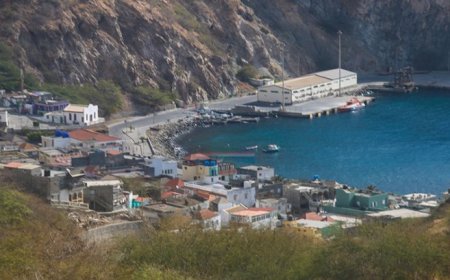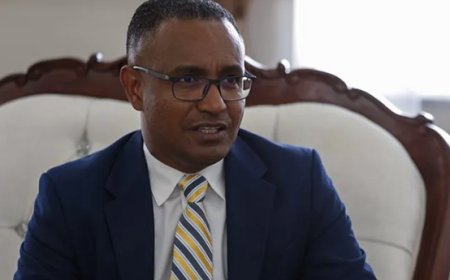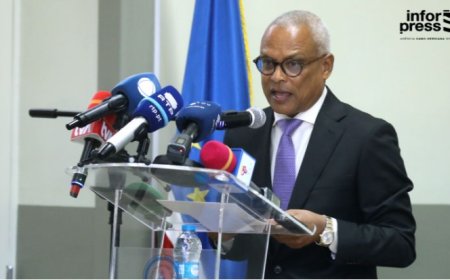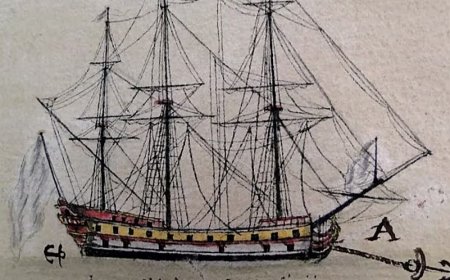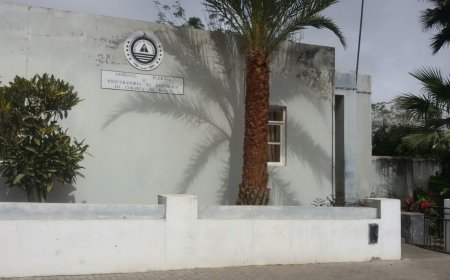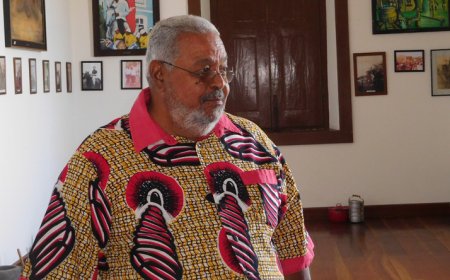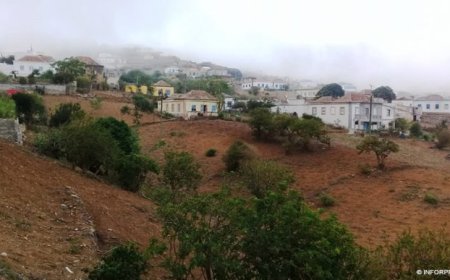Cabo Verde is open for business
Cabo Verde was recently named one of the best places to visit in 2018. With its unique culture, diverse islands and beaches, the nation off the northwest coast of Africa is indeed a gem for international visitors.
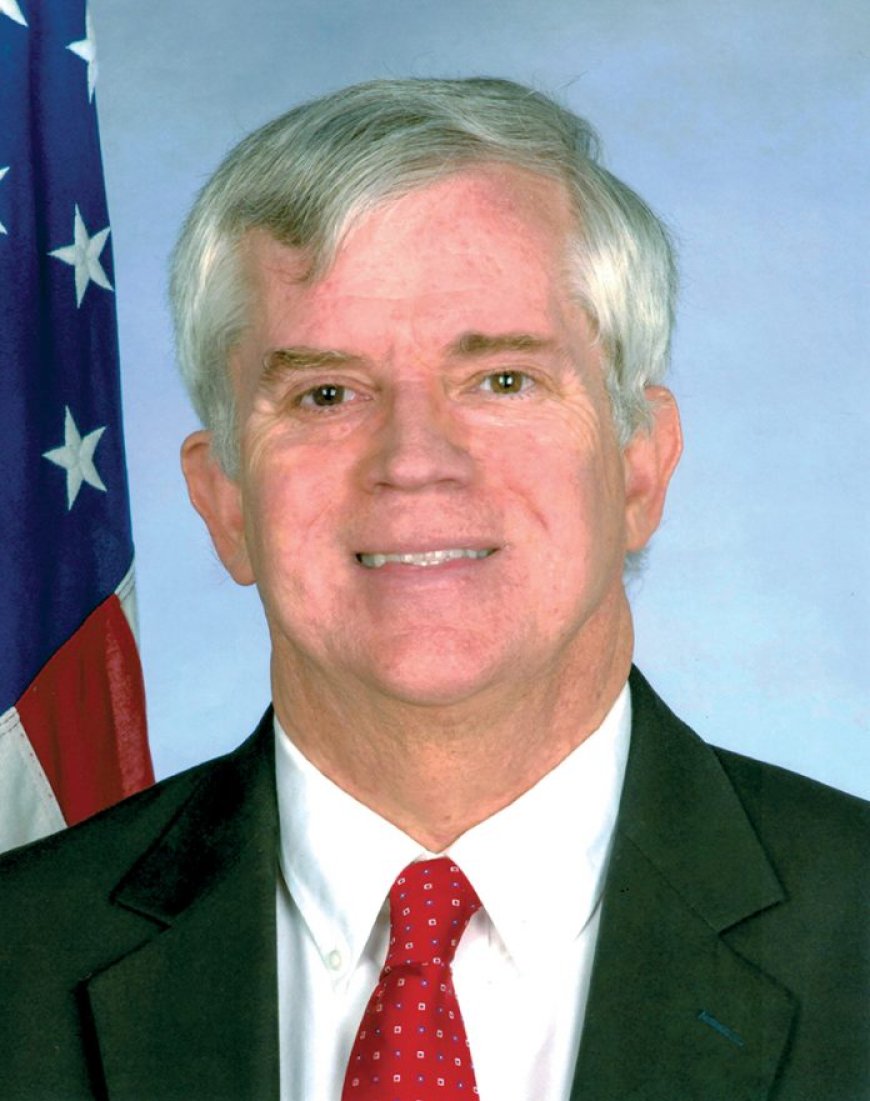
Cabo Verde was recently named one of the best places to visit in 2018. With its unique culture, diverse islands and beaches, the nation off the northwest coast of Africa is indeed a gem for international visitors.
The fact that average temperatures hover between 70 and 80 degrees year-round doesn’t hurt either, especially compared to weather in New England the past few weeks. Recent economic progress is also making it easier to do business across the nation’s islands – creating a warmer climate for international investors looking for new opportunities and further facilitating tourism.
For too long, domestic and international companies seeking to do business in Cabo Verde (also known as Cape Verde) faced significant obstacles. An outdated land system created confusion about property ownership and boundaries, making it difficult to even determine if land could be purchased and built on. Digging through an inconsistent, paper-based system that stretched across nine islands was time-consuming and costly – two characteristics that investors tend to shy away from. Once the land-ownership process was improved, challenges continued with insufficient water and sanitation systems. Many businesses relied on expensive water-treatment and waste-removal services, putting up yet another obstacle to investment.
All of that is changing. The recently completed $66 million investment by the U.S. government’s Millennium Challenge Corp. aimed to address key factors holding back economic growth in Cabo Verde by strengthening land management and improving access to water and sanitation. MCC, an innovative government agency working to reduce poverty through economic growth, supported the government of Cabo Verde in its efforts to create and strengthen policies, institutions and infrastructure on which Cabo Verdeans can build a more-prosperous future.
This investment also builds on MCC’s first compact in 2010 that built roads and bridges; and also revitalized Praia’s main port, significantly expanding and upgrading it to increase productivity and operational efficiency.
A modernized land-management system has reduced the time it takes to get a property title from upwards of 72 days down to three days. Now, not only can residents and investors be more confident in their land rights, but they can also begin to build and open businesses significantly faster.
The government of Cabo Verde also reformed its national water utility, increasing efficiency with a single managing institution, and expanding networks to improve access for both homes and businesses.
By improving not just access to clean water and the land-tenure system, but also the capacity of Cabo Verde to maintain and expand these services, the country is now well-positioned to continue progress toward reducing poverty and encouraging investment. Attracting private-sector investment to the country, where tourism accounts for as much as 40 percent of the gross domestic product and is a major employer, is key to helping people lift themselves out of poverty.
MCC has invested in the potential of Cabo Verde, and there are bright signs for the future. Cabo Verde recently signed an investment agreement that will bring a Hilton hotel – and new jobs – to Praia, the island nation’s capital.
The relationship between the United States and Cabo Verde dates to the 18th century and, today, many Cabo Verdeans call New England home. The Cabo Verdean ambassador to the U.S. recently joined business leaders from Massachusetts and Rhode Island in Boston to mark the completion of MCC’s investment and celebrate the opportunities it has created.
Cabo Verde is open for business and ready to build on its progress. We look forward to the next chapter of U.S.-Cabo Verde ties as we work together to advance prosperity and security in West Africa.









